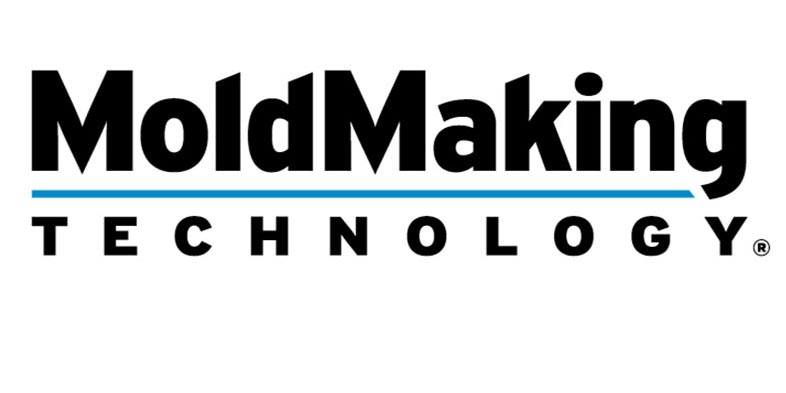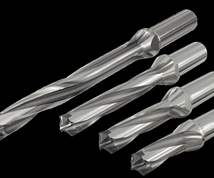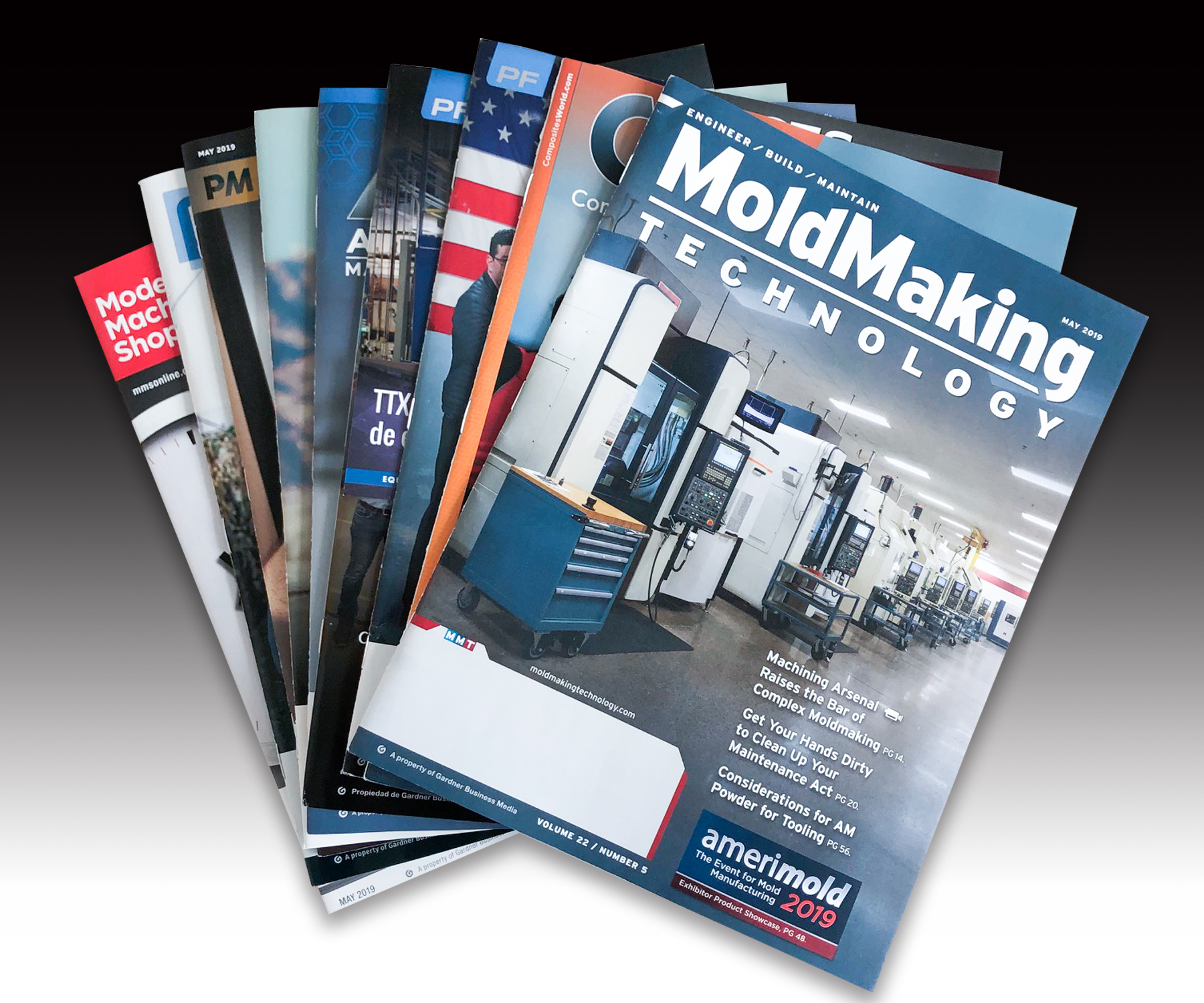A Q&A on Cybersecurity with Paragon D&E
Cybersecurity continues to be a critical issue for manufacturers, and after touring Paragon D&E a while back I knew they had things in order. So, I reached out to President David Muir to see how they handle cyber threats.
#Basics #FAQ
Cybersecurity continues to be a critical issue for manufacturers, and after touring Paragon D&E—a full-service tooling and machining company in Grand Rapids, MI—a while back, I knew they had things in order. So, I reached out to President David Muir to see how they handle cyber threats.
MoldMaking Technology (MMT): Why is it important for Paragon (and any mold builder) to have a solid handle on cybersecurity?
Featured Content
David Muir, President, Paragon D&E: As our systems continue to become more and more connected to systems around the world, the opportunities for an attacker to gain access to your network continue to grow. The attackers are no longer individuals working alone to try to steal something or cause destruction. Instead we’re trying to protect against highly financed groups including organized crime, companies engaged in industrial espionage, and even government agents and agencies. At the same, customers are becoming ever more aware of the threat and expect their information to be secure, and in some cases want to know what you are doing to keep it secure. With the growing frustration with the failure to keep data secure, the damage to reputation, the cost of investigating and addressing a breach, and potential legal ramifications continue to raise the risk of not addressing the threat.
MMT: Have you experienced any type of threat or attack on your systems or data?
Muir: The biggest threat we are forced to deal with is phishing emails. Despite email protection continuing to advance, and implementation of new technologies such as machine learning, we still receive several, sometimes dozens, of phishing attempts each day.
MMT: What hardware and software are essential?
Muir: A properly configured firewall is absolutely necessary. In addition, we have several virtual appliances monitoring network activity, user activity, and audit logs. Endpoint protection is a must. A good backup system can keep a bad situation, a system that’s been encrypted by ransomware for example, from becoming a major problem. From there, there are many tools available. It was recommended to us that we start with a system to perform log collection and analysis to alert us of unusual activity. We’ve implemented many additional systems as well to continue to strengthen our ability to detect, prevent, and contain any threat.
MMT: What personnel and training is key?
Muir: Employee education is key to even have a chance. They need to understand the importance and consequences of a breach, both at the company and at home. They need to be taught best practices for staying safe. And they need to be educated repeatedly on the types of threats they are likely to encounter with real life examples. There are many resources available to help.
MMT: What are some initial steps a mold shop should take for cybersecurity?
Muir: Start with the basics: a firewall, endpoint protection, backups, and employee training. Follow best practices. Security always comes at the cost of inconvenience, but you can no longer afford for that to be the excuse. Find the balance that fits your company, but then do it and stick to it. Make sure you have a Security Response Plan to handle any incident and a Data Breach Response Plan in the event you discover you’ve been compromised.
For More Information
Paragon D&E
RELATED CONTENT
-
How to Choose the Right Tool Coating for Your Machining Application
Selection criteria and common coating attributes for PVD, CVD and other common coatings.
-
Line Width vs. Depth Ratio in Laser Engraving
A laser does not produce 90-degree sidewalls. It requires a certain amount of draft in order to produce the required pattern.
-
What You Should Consider When Purchasing Modified P20 Steel
When buying P20 steels that have been modified, moldmakers must be aware of the variations and key issues that affect delivery, cost and lead times.








.jpg;maxWidth=970;quality=90)




